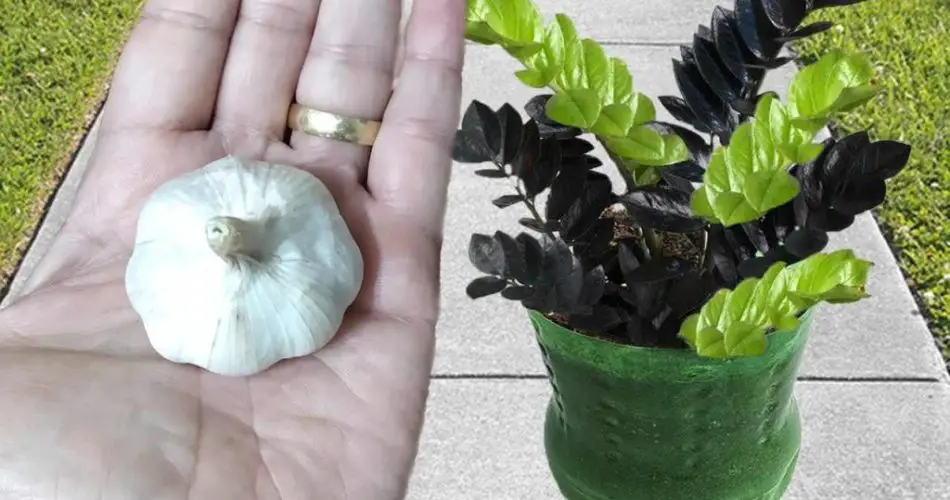Garlic: A Green Ally in Your Garden

Garlic’s Nutritional Prowess
Garlic boasts significant amounts of vital micronutrients like manganese, vitamin B6, vitamin C, and selenium, all while being low in calories. Rich in polyphenols and antioxidants, black garlic, a transformation of white garlic under constant temperature and humidity, elevates these nutritional properties.

Versatile Uses in the Garden
Beyond its culinary significance, garlic is easily grown and harbors medicinal qualities, making it a versatile addition to any garden. Its diverse properties can be harnessed to benefit your orchard or garden in various ways.
Guardian of Fruit Trees
Garlic proves to be a formidable guardian against pests in your garden. Its presence helps repel parasites like aphids and spider mites, acting as a deterrent against fungal attacks. Planting garlic around fruit trees creates a protective barrier, and combining it with other crops can prevent parasites from infiltrating your garden.
A Natural Bactericide and Fungicide
When cultivating tomatoes or other plants, the inclusion of garlic in your garden proves advantageous. Functioning as a natural bactericide and fungicide, garlic acts as a repellent against parasites, particularly nematodes. Its benefits extend to carrot and strawberry crops, where planting garlic between carrots helps repel the notorious carrot fly.
Garlic Infusion: Aphid Repellent
A simple yet effective home remedy involves using a garlic infusion to repel aphids. Applied at dawn or dusk for about five days, this natural concoction ensures the disappearance of aphids without resorting to toxic chemicals, preserving the health of your plants and the environment.

Garlic as a Fungicide
To create a natural insecticide-fungicide, blend a garlic head with cloves and two glasses of water, creating a homogeneous mixture. After letting it rest for a day, mix it with three liters of water. This solution can be sprayed directly on plant leaves, offering protection against fungal infections.
DIY Garlic Insecticide: APICHI
Garlic takes center stage in creating a potent insecticide called APICHI, targeting soft-bodied insects like mites, whiteflies, aphids, and caterpillars. To concoct this homemade insecticide, peel and chop a garlic head, crush it well, and let it macerate in a saucepan with one liter of water for 24 hours. Boil the solution for 5 minutes, let it cool, filter it, and transfer it into a sprayer for use as a potent insecticide.
Harnessing the power of garlic in your garden not only enhances the flavor in your kitchen but also contributes to the health and vitality of your plants.



